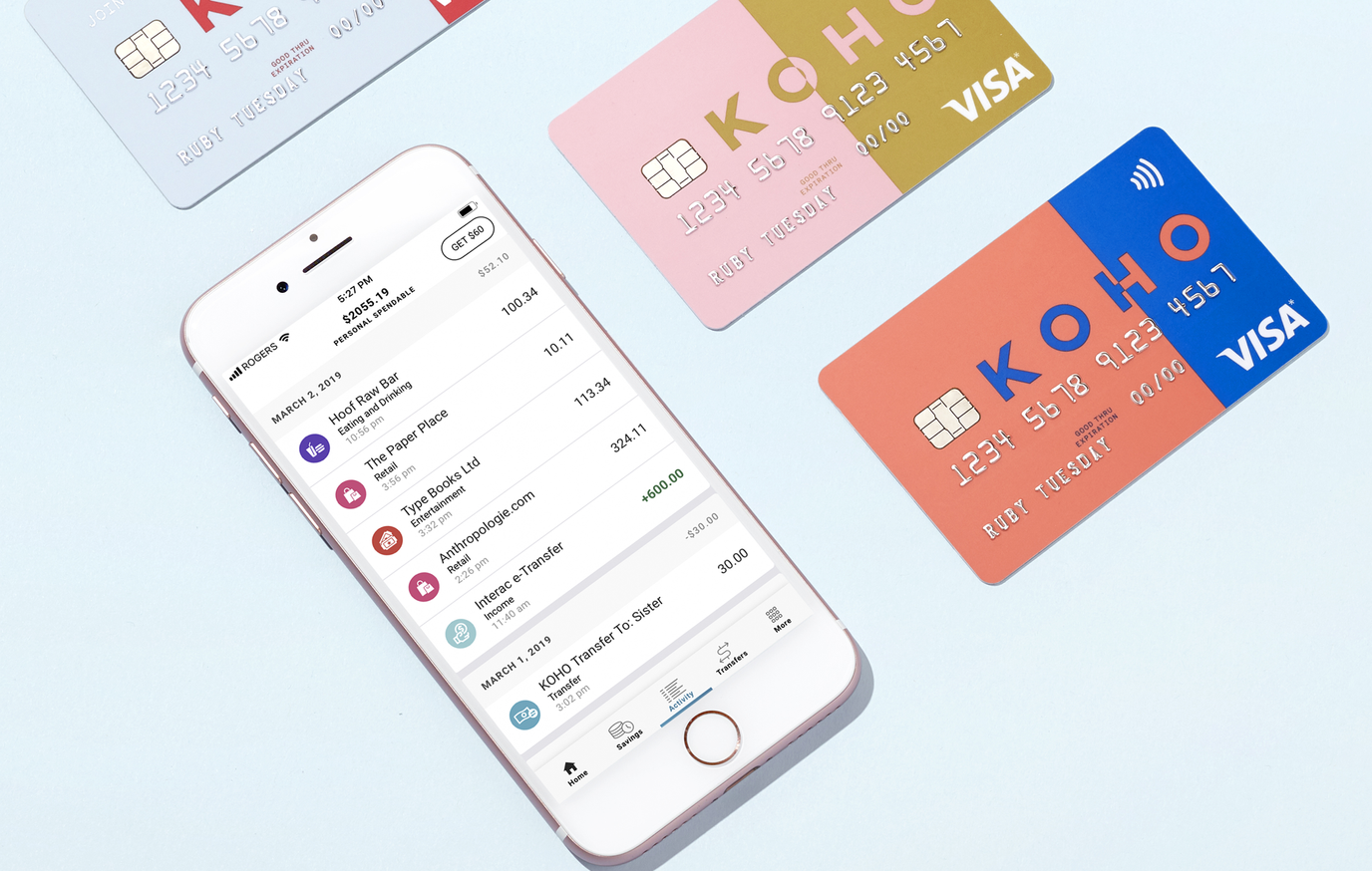
Online banking was popular even before COVID hit. Now, more business owners rely on it to handle money from home. If you're thinking about using an online bank for your business, let's look at what works and what doesn't.
In today's world, online banking replaces trips to the bank branch. It lets you do many things online like:
• Pay bills
• Handle tax payments
• Send money to suppliers
• Put money into retirement accounts
• Open new accounts
• Apply for business loans or credit cards
• Deposit cheques
You can use online banking on your computer or through your bank's app. All you need is an account, a password, and the internet. Then you can manage your money from anywhere – pretty handy when you're stuck at home.
Advantages of online banking
Banking online gives you more than just 24/7 access from anywhere. Here's what else you can do:
Pay bills online
No more trips to the bank to pay bills. Just log in and pay right away. You can also set up automatic payments, which helps manage your cash when you have regular payments to and from vendors.
Transfer money
Need to send money to a client or vendor fast? Or access KOHO’s cash advance to cover immediate expenses? Skip the registered cheque and waiting.
Deposit cheques online
Save yourself the drive to the bank and the lineup. Deposit cheques online in minutes. Most banks have apps that let you do everything from your phone.
Lower your fees
Online banks often charge less because they don't pay for branch buildings and upkeep. These savings can pass to you. Many also offer no-fee options that save you more money.
Disadvantages of online banking
Online banking keeps getting better, but there are still some downsides for business owners who need reliable access to their accounts.
Technology problems
Online banking needs a good internet connection. If your power goes out, your bank has server issues, or you're in a remote area, you might not be able to access your money. Scheduled maintenance can also lock you out of your accounts when you need them.
No personal relationship
Having a relationship with your bank has advantages over just banking online. When you need a business loan, line of credit, a fee waived, or changes to your account, knowing someone can help.
In-person banking relationships also let you customize your business account. Bankers can make notes about cheques, cash deposits and international payments to help you avoid holds on your money.
The best setup might be using online banking for everyday stuff while keeping a personal connection with your banker for bigger needs. This gives you more options for your business.
Privacy and security risks
Banks have good security, but no system is perfect. To protect your information:
Use the official app or website directly. Look for the lock icon in your browser.
Create a strong password using numbers, symbols and letters. Change it often.
Don't click links in text messages unless you signed up for them.
Turn on two-step authentication for extra security.
Limited services
Online banking offers lots of services, but some things still need an in-person signature. This includes loan applications, large cash withdrawals or big deposits. These might move online eventually as technology improves.
Banks know business owners want convenient online banking, so they keep improving their digital tools. You can use these advances to create an online banking system that fits your business. Talk to your bank about how going digital can save you time and money.
How secure is online banking?
Banks offer more online services since COVID changed how we bank. But this also brings more security threats. Hackers, fraud, and phishing have pushed banks to beef up protection for customer data.
New tech has made online banking safer. Banks now use encryption, two-factor authentication, and secure servers. They also update their security regularly.
Fighting cybersecurity threats
All digital banking faces cybersecurity risks. But the IT pros at ISACA warn that online-only banks might be bigger targets for cybercriminals. That's partly because these banks depend so heavily on technology.
But don't worry too much. The Consumer Financial Protection Bureau says online banking is safe if you follow some basic security steps. Here are four ways to bank online more safely:
Create strong passwords for your accounts and devices. A good password is at least eight characters with a mix of capital and lowercase letters, numbers and symbols. Change your passwords every few months.
Use two-step verification. This requires at least two ways to prove your identity before you can access your account. For example, you might enter a password and then type in a temporary code sent to your phone.
Stay off public Wi-Fi. Public networks aren't as secure as your home or work Wi-Fi. Avoid banking online when you're connected to public internet.
Making the right banking choice for your business
Online banking saves time and gives you control over your money from anywhere. It's convenient, often cheaper, and lets you handle most everyday banking tasks without leaving your desk.
But it's not perfect. Technical problems can lock you out when you need access. And sometimes, having a real person who knows your business can make a big difference when you need special services or have unusual requests.
The best approach might be a mix of both worlds. Use online tools for your day-to-day banking needs, but keep a relationship with your local branch for more complex matters. This way, you get the convenience of digital banking with the personal touch when it really counts.
Remember to take security seriously by using strong passwords, two-step verification, and banking only on secure networks. With these precautions in place, online banking can be a safe, efficient tool that helps your business run smoothly.